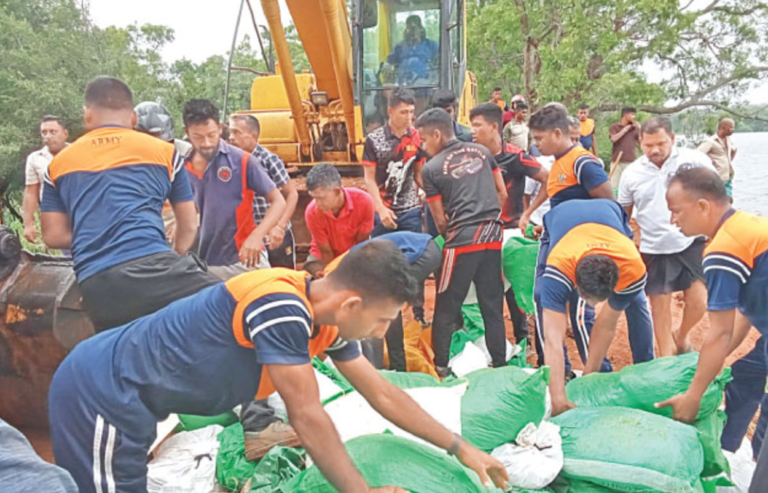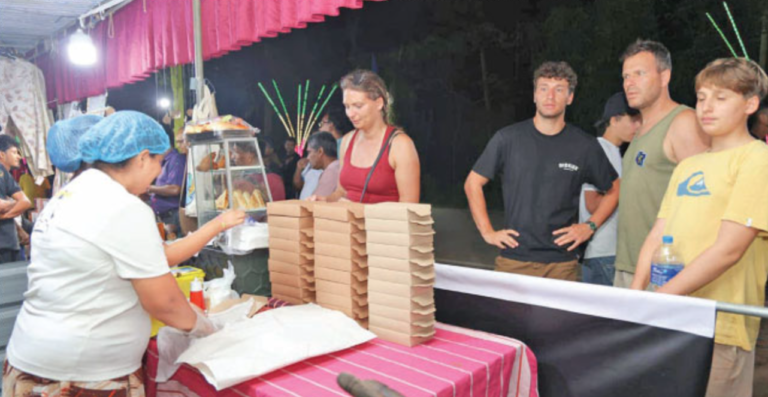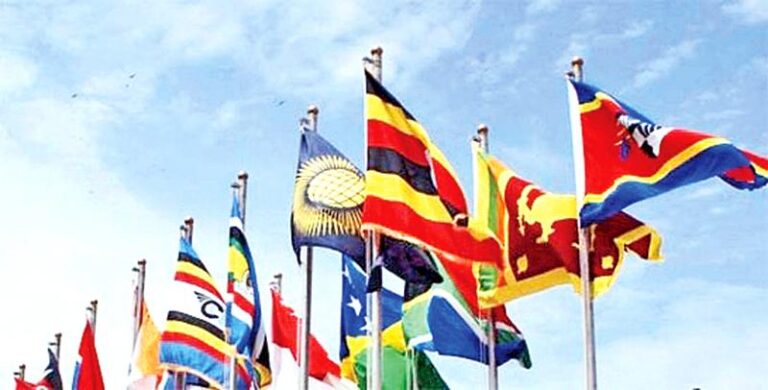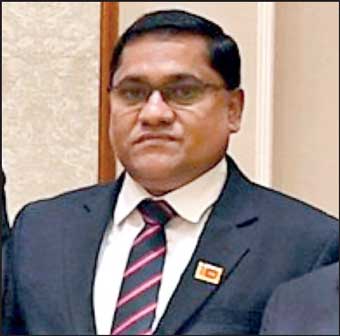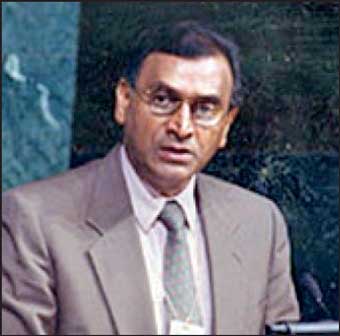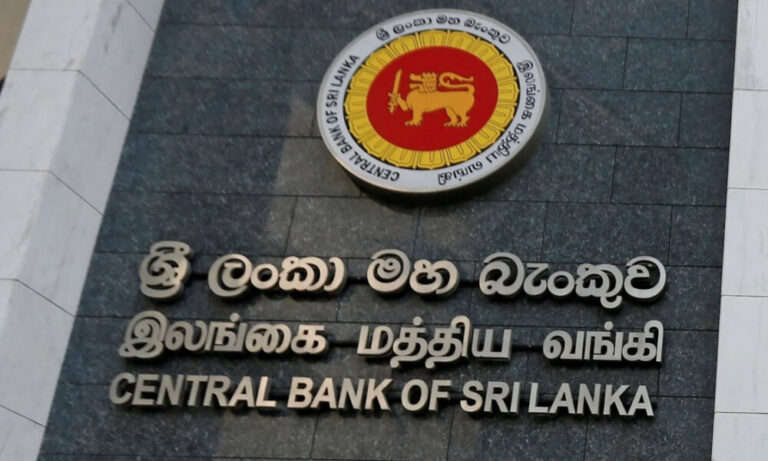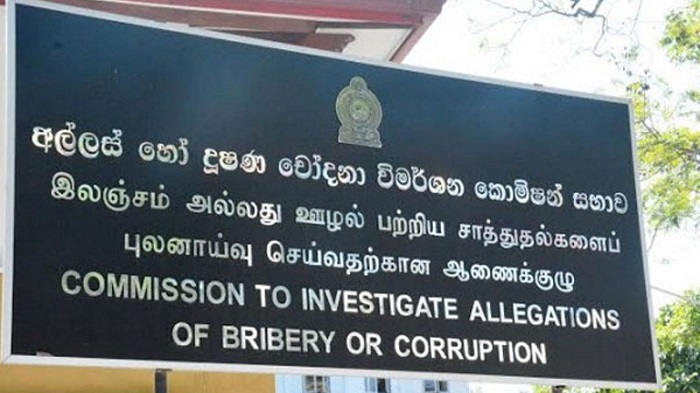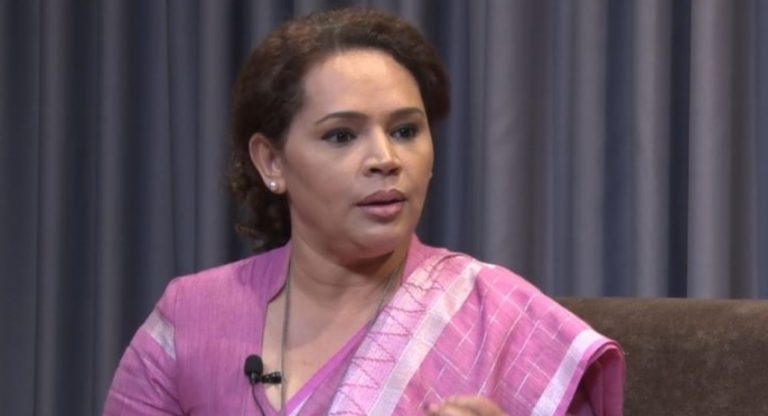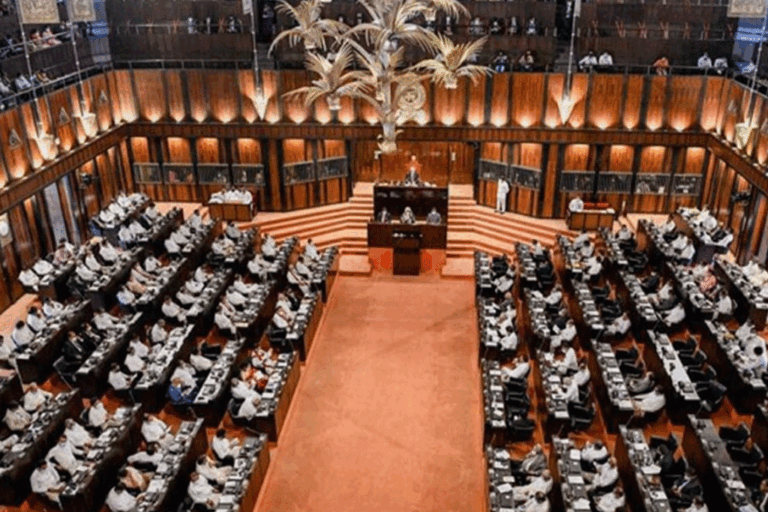The Central Bank of Sri Lanka (CBSL) has announced that the Government Digital Payment Platform (GDPP) will be launched this year, following its successful pilot testing in 2024.
This initiative is part of a three-year plan to enhance the legal and institutional framework for the nation’s payments ecosystem, Governor Dr. Nandalal Weerasinghe revealed during the presentation of the CBSL’s Policy Agenda for 2025 and Beyond.
The GDPP will enable real-time payments to Government institutions that lack digitalised databases via internet banking portals and mobile payment apps. Dr. Weerasinghe emphasised that this move aligns with broader efforts to modernise Sri Lanka’s payment systems.
In 2024, the CBSL introduced a new Real-Time Gross Settlement (RTGS) system adhering to ISO 20022 standards for domestic transactions. Plans are underway to extend this compliance to cross-border transactions in line with global timelines.
Additionally, the CBSL will review the access and licensing regimes for interbank payment systems and payment services.
Effective 1 January 2025, the Merchant Discount Rate (MDR) for LANKAQR was increased to 1% from 0.5%, aiming to encourage financial institutions and FinTechs to promote the system more vigorously.
Recognising risks linked to digital payments, the CBSL is prioritising the protection of public trust by monitoring fraud patterns and issuing relevant guidelines.
In 2024, a Circular was issued to safeguard customer accounts from unauthorised payment app access, with these measures set to take effect from March 2025.
CBSL will also conduct nationwide public awareness campaigns on digital payment benefits, security features, and potential threats such as fraud and scams.
Dr. Weerasinghe highlighted the importance of a stable and efficient payment system for maintaining a robust financial system. To this end, the CBSL is focused on revising legislation and upgrading payment infrastructure to foster trust and encourage digital payment adoption.
The Payment and Settlement Systems Act is currently being revised to enhance oversight, regulation, and innovation within the payment ecosystem.
Subsidiary legislations, such as the Guidelines on Minimum Compliance Standards for Payment-related Mobile Applications, are also slated for revision in 2025 to support the expansion of retail digital payments in Sri Lanka.
These initiatives mark a significant step toward modernising the country’s financial infrastructure, ensuring safety, efficiency, and inclusivity in the digital payments space.
The Government Digital Payment Platform (GDPP), branded as GovPay, is an initiative aimed at improving citizen-government interactions and streamlining payment processes for various government services in Sri Lanka.
This project aims to establish a centralized digital platform, serving as a convenient “Citizen’s One Stop Shop” for the Government Services, catering to individuals and businesses.
. This contributes to the optimization of government service delivery by boosting efficiency in financial transactions, and reducing administrative burdens, and costs, leading to more time-effective and cost-efficient services for the public.

